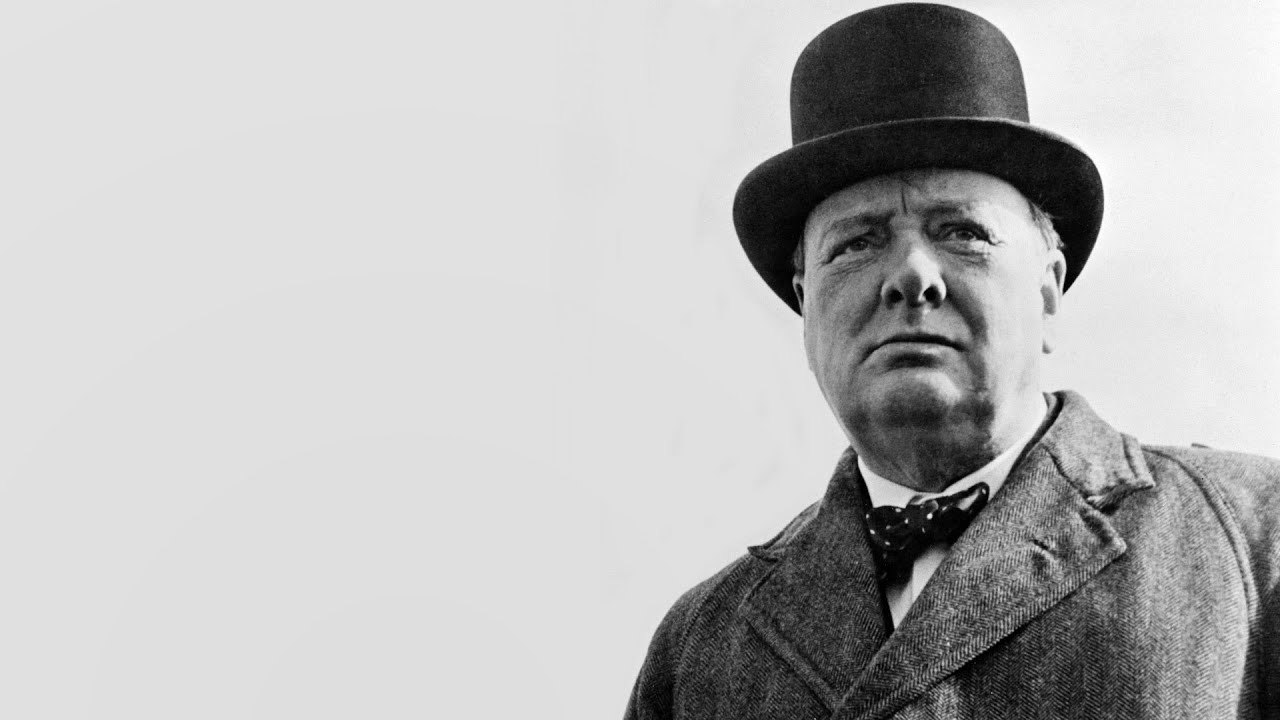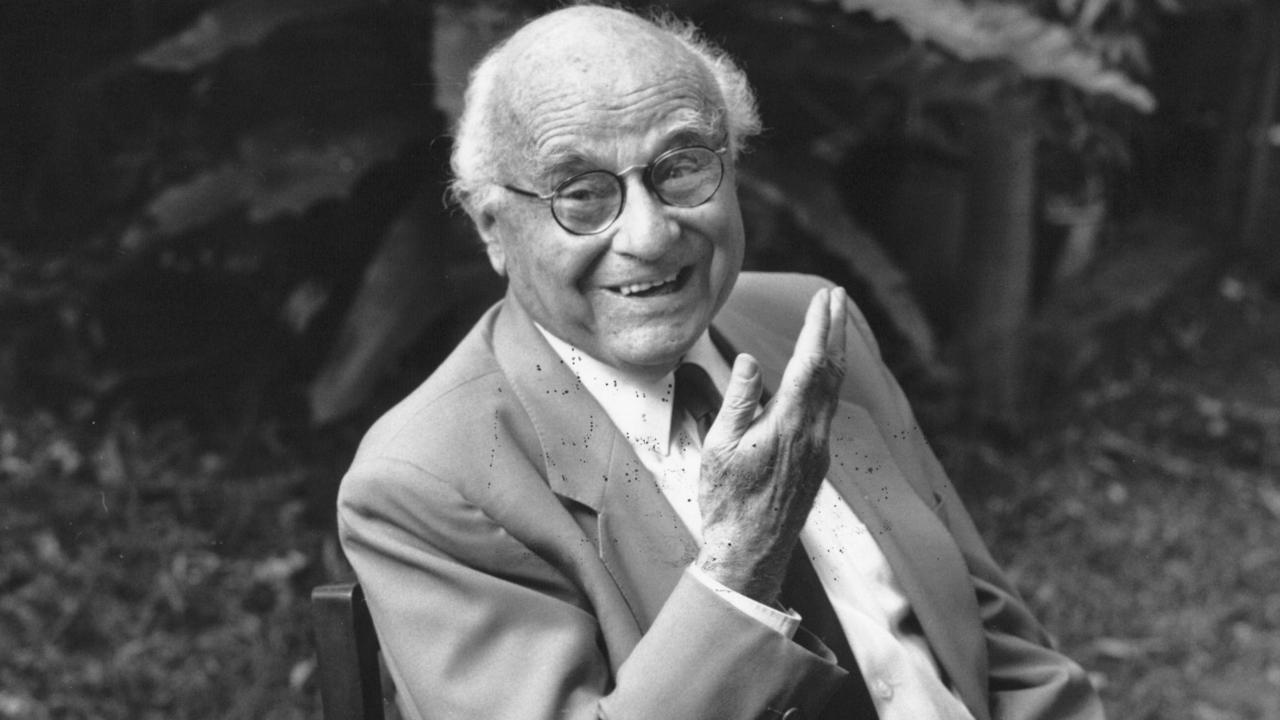When it comes to the greatest figures in British history, Sir Winston Churchill stands at the pinnacle. Revered as a statesman, orator, and legendary prime minister, Churchill’s leadership during critical times has left an indelible mark on British history. However, behind the accolades and admiration lies a complex legacy that cannot be ignored.
Early Life and Political Background
Born on November 30, 1874, into a political and aristocratic family, Winston Churchill journey in politics was seemingly destined. His father, Lord Randolph Churchill, was a prominent British politician, and his mother, Jennie Jerome, hailed from American business magnate Leonard Jerome. This privileged background shaped Churchill’s early political career and his involvement in the colonialism and imperialism practiced by Britain in various parts of the world, such as India and Kenya.
Winston Churchill Leadership during World War II
It was during World War II that Winston Churchill leadership truly shone. Facing the threat of Nazi Germany and Adolf Hitler, Churchill vehemently opposed any peace negotiations, delivering powerful speeches that rallied both the British Parliament and civilians with a surge of nationalistic fervor. One of his most famous speeches, delivered on June 4, 1940, galvanized the nation and symbolized the unwavering resolve of the British people.
Controversies and Criticisms
However, it is essential to acknowledge the controversies and criticisms surrounding Churchill’s policies and actions. Some historians argue that his leadership driven by racist attitudes, resulting in tragedies worldwide and the loss of millions of lives. Churchill’s support for colonialism and imperialism has drawn significant criticism, particularly regarding his role in India and Kenya.
Reflection on Winston Churchill Impact
Evaluating Churchill’s overall contribution to British history is a nuanced task. His leadership during World War II undoubtedly played a pivotal role in the nation’s survival and eventual victory. Yet, his policies and views on race cannot be ignored or dismissed. It is essential to examine his legacy from multiple perspectives and engage in thoughtful discussions about his impact on history.
Comparing Churchill’s Leadership with Current Leaders
While Churchill’s time as prime minister may belong to the past, his leadership style still holds relevance today. Comparisons can drawn between his ability to inspire and guide a nation during times of crisis and the leadership approaches of contemporary political figures. Understanding Churchill’s strengths and weaknesses can provide valuable insights for current leaders facing their own challenges.
Conclusion
Sir Winston Churchill legacy is undeniably complex. He revered as one of Britain’s greatest figures, celebrated for his leadership and unwavering determination during World War II. Simultaneously, his involvement in colonialism, his views on race, and their consequences cannot overlooked. Reflecting on the complexities of Churchill’s impact allows us to gain a deeper understanding of history and engage in meaningful conversations about the legacies of influential historical figures.
As we explore the complexities of Churchill’s life, it is important to recognize the significance of learning about other historical figures as well. Their stories offer valuable insights into the triumphs and failures of the past, shaping our understanding of the present and inspiring us to create a better future




